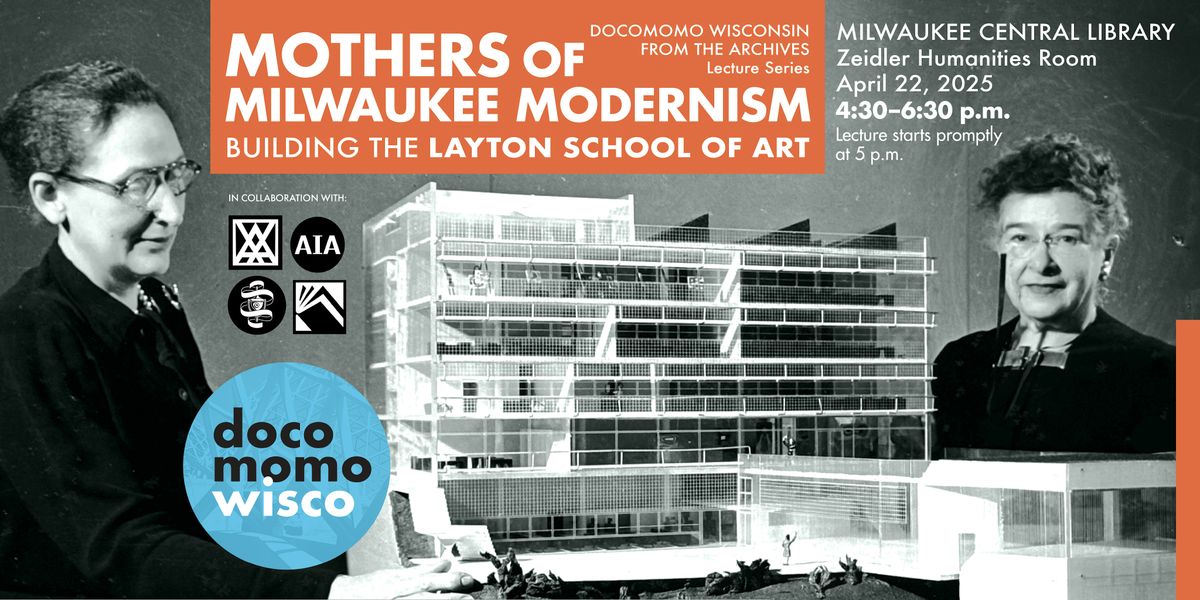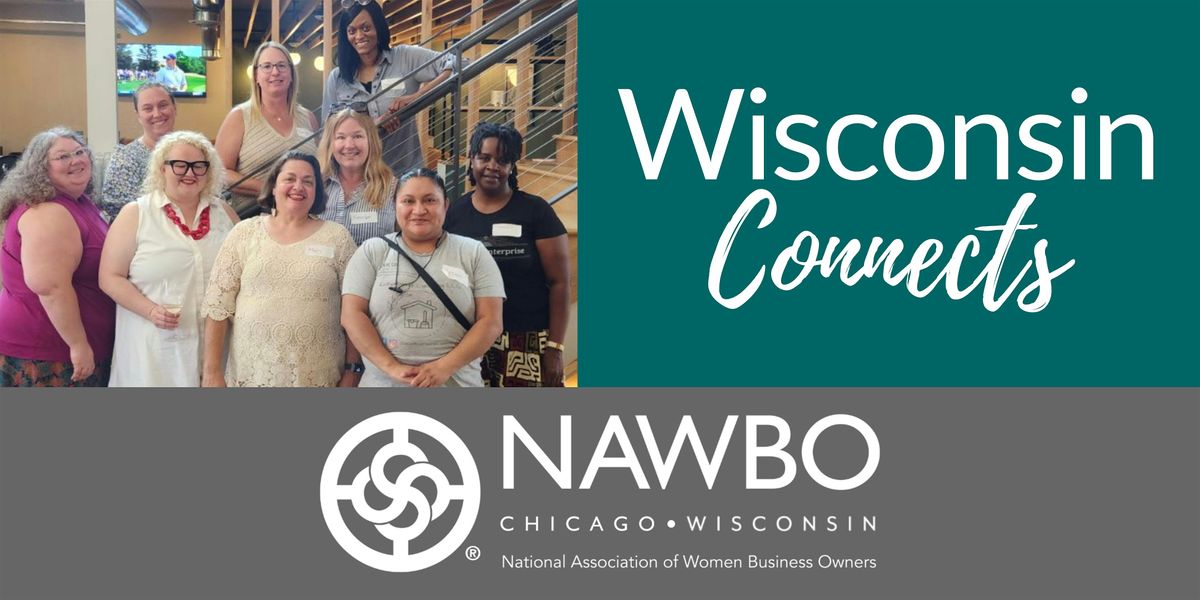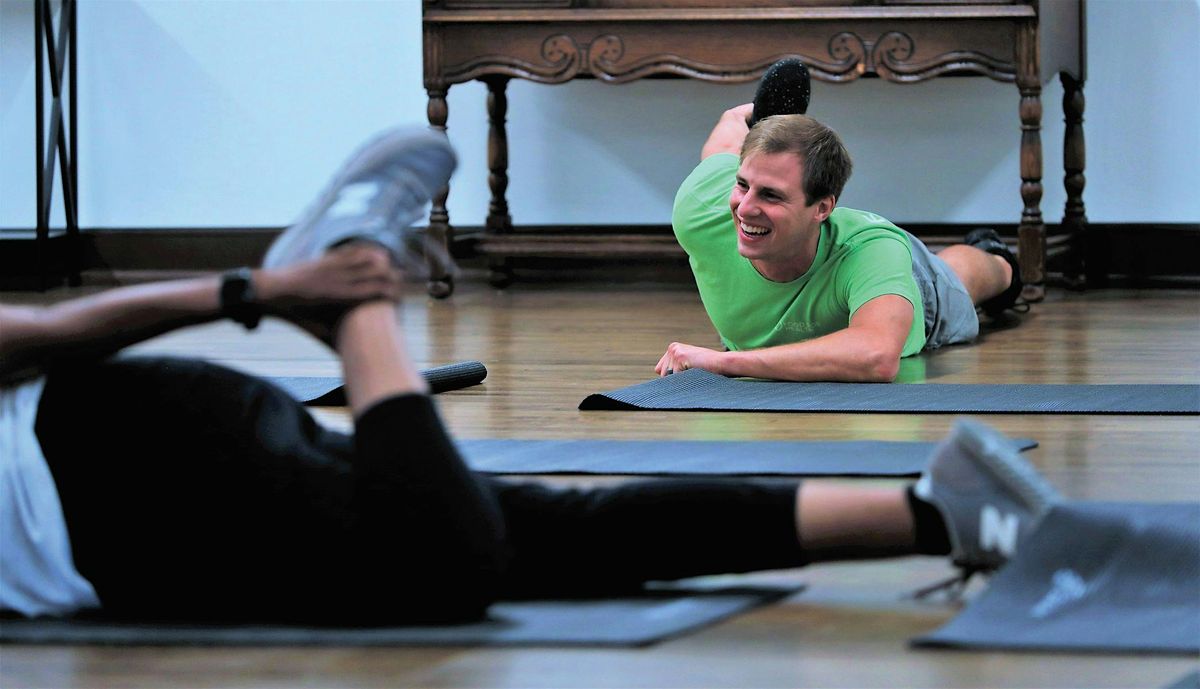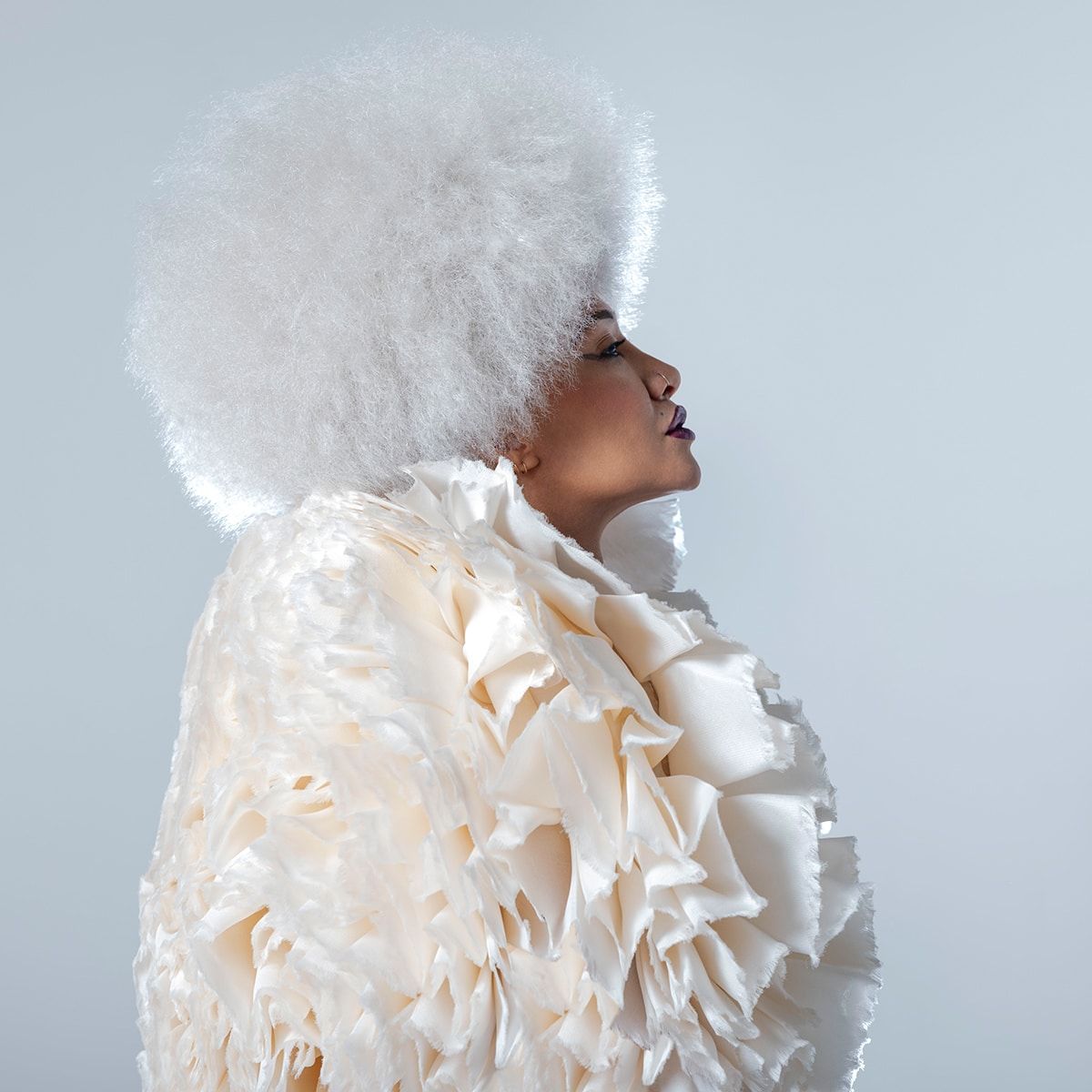
About this Event
Mothers of Milwaukee Modernism: Building the Layton School of Art
About This Event
Join us on Tuesday, April 22, for Docomomo Wisconsin’s From the Archive Lecture Series, presented in partnership with AIA, the Milwaukee Public Library, the Wisconsin Architectural Archive, and UWM Special Collections & Archives.
- Exhibition Opens: 4:30 PM
- Lecture: 5.00 PM
Charlotte Partridge and Miriam Frink—pioneering educators, designers, and LGBTQ+ life partners—transformed Milwaukee’s cultural landscape through the Layton School of Art, which they founded in 1921. While often compared to the Bauhaus, Layton developed independently yet in parallel, advancing a radical new model of art education that integrated artistic expression with design and industry.
In 1951, they relocated Layton from its Victorian neoclassical gallery on Mason Street to a striking poured-concrete and glass-block structure on Prospect Avenue, overlooking Lake Michigan. This move symbolized Milwaukee’s transformation from a river city to a lake city, shaping its cultural and civic identity around the lakefront. The school became an incubator for the next generation of architects, designers, and artists, including Lillian Leenhouts, Wisconsin’s first licensed woman architect.
Beyond the school, Partridge and Frink were deeply involved in urban development and women’s advocacy. Partridge partnered with Zonta International to develop Zonta Manor, a pioneering housing project for professional women designed by Leenhouts, and worked with the Walnut Improvement District to revitalize Milwaukee’s urban landscape. She was also instrumental in shaping the modern lakefront and integrating art into Wisconsin’s historical and political fabric. Through her leadership in the Works Progress Administration’s Federal Art Project, she put hundreds of artists to work during the Great Depression. Her influence extended to the Milwaukee War Memorial, where she worked alongside Ella Brandt, the “Mother of the War Memorial,” to honor American veterans while embedding Layton’s vision of art, culture, and education into the public sphere. Partridge championed art as a shared public resource, advocating for partnerships between public and private institutions to make art, education, and cultural heritage accessible to all.
The legacy of this queer femme couple, who pioneered arts education and Modernism in Wisconsin, lives on through the Milwaukee Institute of Art & Design (MIAD), the official successor to the Layton School of Art. According to MIAD’s 2024 Student Campus Climate Survey, over 70% of its student body identifies as LGBTQ+, with women comprising the largest demographic—a testament to the lasting impact of the inclusive and experimental artistic community Partridge and Frink fostered. Though their queerness was never explicitly acknowledged, it was central to their leadership and vision.
Bridging the historical gap between Layton and MIAD is essential—not just to recognize their contributions but to strengthen the lineage of LGBTQ+ artists, femmes, and women who continue to shape Milwaukee’s creative landscape. Their work laid the foundation for a more inclusive and progressive arts education, and reclaiming this history fosters a sense of communal pride. By understanding this continuum, we can reimagine a Milwaukee where art and design remain central to the city’s identity, deeply embedded in its cultural fabric.
This lecture and pop-up exhibition will explore their architectural and educational innovations through rare archival materials.
Speakers:
Seth Ter Haar (he/him) is an artist, curator, and Docomomo Wisconsin Fellow researching queer histories in art and architecture. A 2023 graduate of the Milwaukee Institute of Art & Design, he curated Predecessor: Works from the Layton School of Art, an exhibition exploring Wisconsin’s art education legacy and its LGBTQ+ founders, Charlotte Partridge and Miriam Frink. His practice often draws from local archives and LGBTQ+ spaces, with a particular focus on the history and ideology of gay cruising culture. Committed to fostering intergenerational dialogue within the queer community, Ter Haar founded Frederick Avenue Gallery-a collective dedicated to preserving, sharing, and enriching the cultural narratives that shape queer identity and place in Milwaukee. He is a recipient of a Gener8tor Art x Sherman Phoenix Accelerator grant (2023), an honorable mention from the International Sculpture Center (2024), and was named a finalist for the 2025 Mary Nohl Fellowship.
Collaborators:
Wisconsin Architectural Archives, Milwaukee Public Library, Docomomo Wisconsin, Wisconsin AIA, UWM Libraries, Frederick Avenue Gallery
Agenda
🕑: 04:30 AM - 06:30 PM
Lecture Pop-Up
Info: Check in at 4:30. View rare materials from the archives. Lecture begins at 5.00pm
🕑: 06:30 PM - 09:00 PM
Docomomo Wisconsin's Post Party at Stellas Dive Bar
Info: Gather with us at Stellas Dive Bar after the event to socialize and celebrate!
Event Venue & Nearby Stays
Milwaukee Public Library Central Library, Frank P. Zeidler Humanities Room, 2nd floor, 814 West Wisconsin Avenue, Milwaukee, United States
USD 0.00











